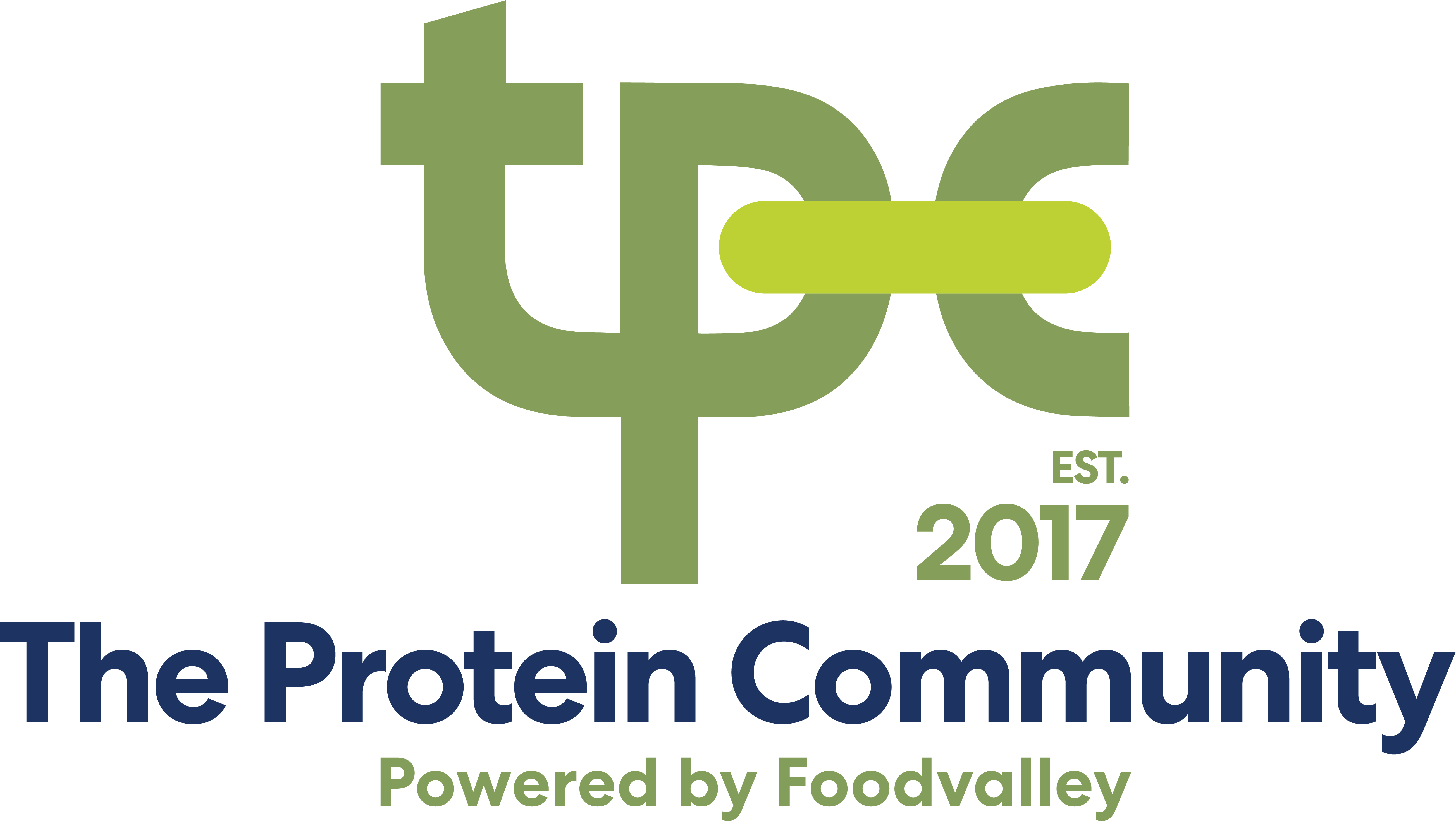May, 24 2023
Redefining the protein industry at PlantFWD
On 18 April, 700+ entrepreneurs, brands, as wel as policy- and other change-makers gathered at the international conference PlantFWD in Amsterdam. At the event, Foodvalley NL’s Protein Shift Innovation Lead Jeroen Willemsen presented the term, Plantification, on the main stage, while The Protein Community hosted a meeting during one of the break-out sessions.
Plantfication
Redefining the protein industry refers to the process of transforming the way we produce, distribute, and consume protein-based foods. Plantification – the creation of a plant-based variant of a widely known animal product, recipe or brand – plays an important part in this process. A plant-based Chocomel variant, a vegetarian version of the iconic Ikea meatballs, McDonalds’ McPlant, a sweet curry with seitan from Bumi are all examples of this phenomenon. “Plantificiation is an in-between step towards a more balanced meal on our plates. Less animal- and more plant-based proteins”, according to Jeroen Willemsen.
Jeroen’s presentation at PlantFWD ended with the question to the audience: what is your best example of plantification? Some interesting examples that show that plantification is everywhere: Plantbased bacon by La Vie, the product of Gro and the plant-based eggs from Kipster.
Acting local, going global
The focus of The Protein Community meeting was on Smart Scaling with Local Protein. Local supply chains can play an important role in ensuring the availability and sustainability of plant-based protein resources. However, there are challenges such as limited availability and diversity of local plant-based protein sources, limited market access and distribution channels and consumers’ unfamiliarity with local plant-based protein sources and their benefits.
During this session, 10 TPC partners took to the stage and shared their local cases and challenges: Willicroft, Rival Foods, MCL Europe, Time Traveling Milkman, Phycom, The Greenup Company, Biobite, NoPalm Ingredients, Boon and Greenfood50.
4 learnings
- Achieving widespread use of sustainable local protein sources can be challenging due to issues related to price and quality. Several discussions arose: How do you balance the need for sustainability with the goal of reaching a larger audience, and what strategies do you employ when producing clean label products?
- Success cannot be achieved in isolation. It requires leads, contacts, and assistance. During this session, several new collaborations were formed. Entrepreneurs in need of recipe optimization got in contact with an innovation centre for support and ingredient producing companies got in touch with buyers.
- At times, it is necessary to think beyond the obvious to identify the full range of application possibilities. Through exploration of local protein sources, new ideas for their application have emerged. Algae, for instance, has the potential to be an excellent ingredient for chips. Similarly, quinoa can be used in snack products, while no-palm oil can be leveraged in the cosmetics industry.
- Valuable concepts for producers can be developed by examining the entire value chain, from farmers to consumers. It is important to occasionally take a step back and view the bigger picture to gain a broader perspective.
The next event of The protein Community will be an acceleration session on Functional Ingredients at the innovation center of Avebe in Groningen on 20 June.
Would you like to attend?

